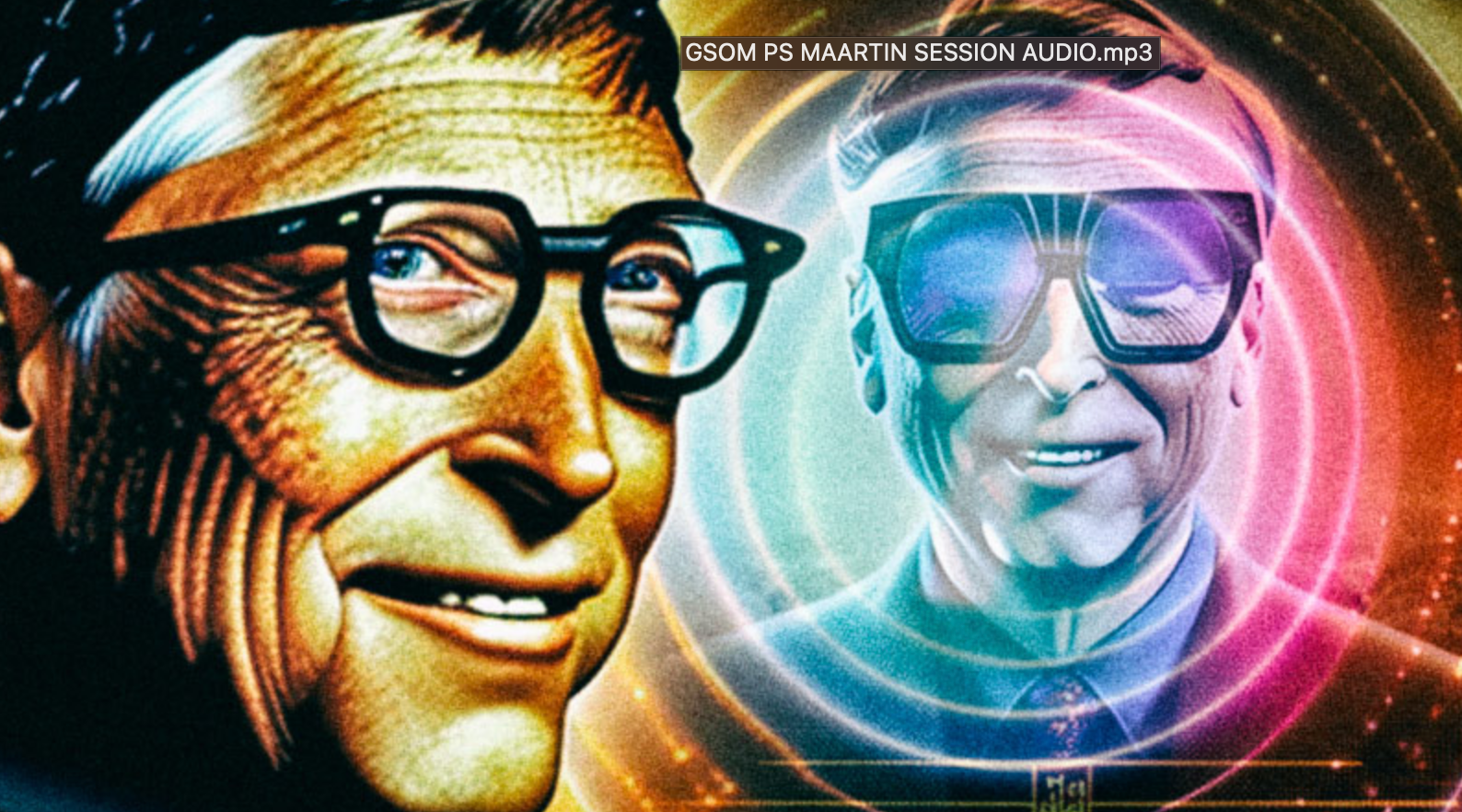In an op-ed titled“The Age of AI has begun” on “The Blog of Bill Gates,” Microsoft co-founder Bill Gates discussed the upcoming paradigm shift in technology. Having been instrumental in developing personal computers several decades ago, the billionaire seems to know a thing or two about technological innovation. He believes that OpenAI’s language generation artificial intelligence tools will be at the forefront of the next technological revolution.
Gates wrote, “I’ve seen two demonstrations of technology that struck me as revolutionary.”
“The first time was in 1980, when I was introduced to a graphical user interface—the forerunner of every modern operating system, including Windows,” he said.
Gates said the second big surprise came last year with the impressive advancement in OpenAI’s ChatGPT.
“The development of AI is as fundamental as the creation of the microprocessor, the personal computer, the Internet, and the mobile phone,” he said. “It will change the way people work, learn, travel, get health care, and communicate with each other.”
Gates said he’s been in contact with OpenAI since 2016 and last year challenged the team to train the chatbot to pass the Advanced Placement biology exam. A few months later, he said the bot could pass a college-level biology course.
After seeing the results, Gates began to contemplate the future and how AI will be intertwined with humans on a day-to-day basis, just like computers and smartphones.
“This inspired me to think about all the things that AI can achieve in the next five to 10 years.”
Gates has emerged as a significant player in the AI arms race, as Microsoft, the company he founded, has pledged over $10 billion in funding to OpenAI.
However, like any new technology, there’s always a concern. Gates addressed some of those issues:
“Any new technology that’s so disruptive is bound to make people uneasy, and that’s certainly true with artificial intelligence. I understand why—it raises hard questions about the workforce, the legal system, privacy, bias, and more.”
On the bias issue, there have been numerous complaints about AI trainers skewing ChatGPT toward answering questions with a left-leaning spin. This has been such a significant problem that Elon Musk is allegedly taking on — in a new project to develop a ‘non-woke’ alternative chatbot.
Even the co-creator of ChatGPT warned that the world might not be “that far away from potentially scary” AI.
… and what’s disturbing — is if AI is programmed to enforce the truths determined by figures like Gates, Pfizer CEO Albert Bourla, and the federal government.
While Gates expresses enthusiasm about the potential of AI to be game-changing for humans, there is a flip side to it. The technology could become a tool for extreme censorship, which could make the Twitter censorship program seem trivial in comparison.






